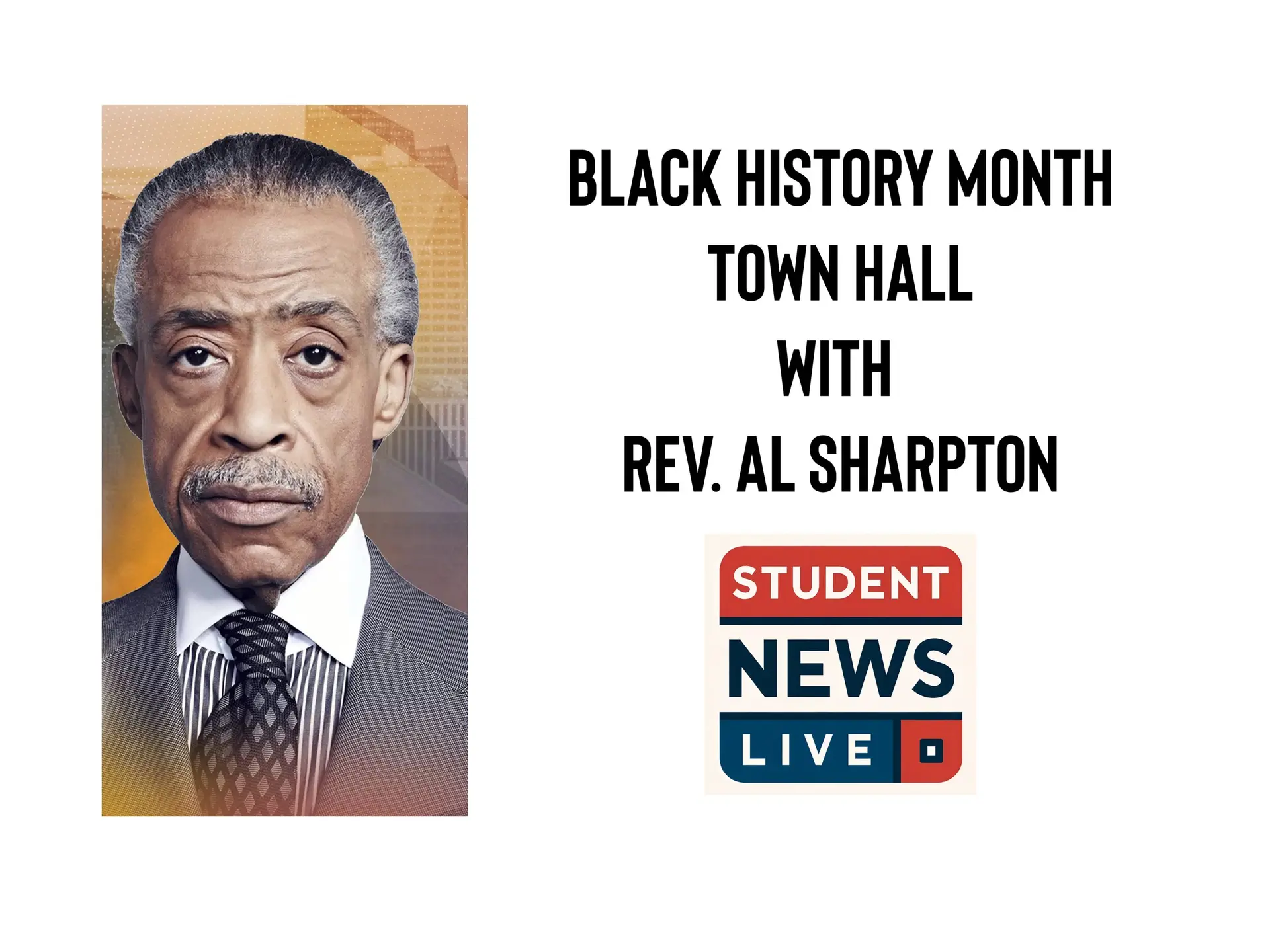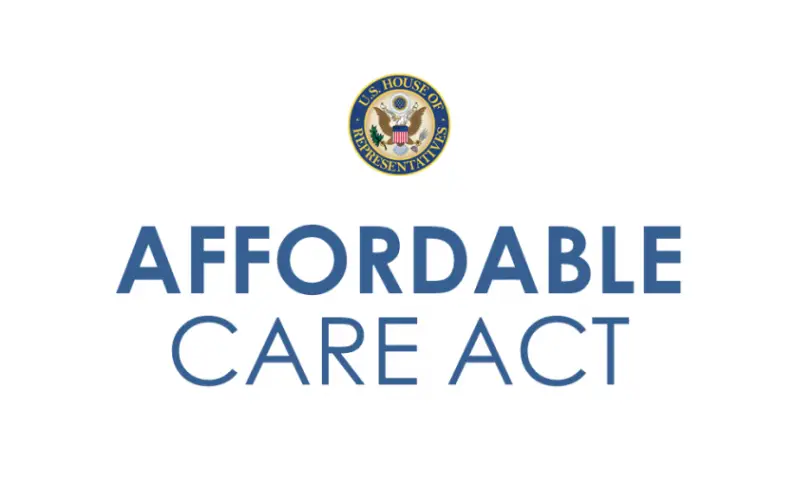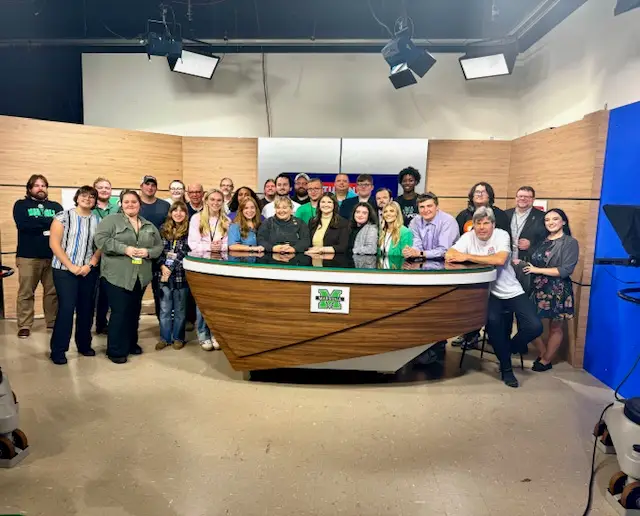Mock elections are raising a civically-sound generation
By Marium Zahra, Aruja Misra
With high school students nationwide participating and volunteering in any way they can to have their voices heard in the 2024 elections, schools and districts are joining in on the cause. Since the start of October, school districts across the country have begun holding mock elections that allow students to cast a vote in a way that imitates the real ballot.
These mock elections were incorporated into the curriculum for elementary, middle, and high schools and are being personalized for each grade level so that students were able to know and differentiate their choices as much as possible. Throughout the school day, classes were taken to library computer rooms or sent forms to their emails with real candidates running in the 2024 election. Students could then vote for their choices anonymously and have their responses recorded for a result for the school and district.
For elementary school students, the ballot concentrated on presidential candidates from only the two major parties: Kamala Harris and Donald Trump. Middle and high school students also had the opportunity to vote for local and state representatives as well as third parties in the national race. Many schools also had live broadcast streams that showcased the results throughout the day, showcasing real-life election updates.
Students from schools that allowed them to choose whether they wanted to cast a vote say that many students felt an obligation to send in their ballot. “The mock election spread like wildfire the moment it was published, I voted because every vote counts.” said a high school student attending Coronado High School in El Paso, Texas who chose to protect his identity.
Through mock elections, kids and young adults across the country can feel the sentiment of a real election and engage in respectful conversation about the way that they voted. High school student Venus Tran from The Young Women’s STEAM Academy in El Paso, Texas says that after voting, they were able to have a conversation with peers about the upcoming election. “Afterwards, my friends and I had a civil discussion about who we voted for and about some of the candidates,” they said.
Many high school teachers were also involved in this process, making sure that students had all the resources to pick a candidate that aligned with their belief system. “Our history teacher had recommended the class to take a quiz to assign us to different parties we’d most likely align with,” says Tran.
For students nationwide, mock elections allow them to become more civically minded and gain political efficacy. This program ensures that students will vote after they turn 18 because they have learned its importance as early as elementary school. While these elections do not fully represent the struggles that marginalized groups go through when casting a vote, they help students understand the importance of making the voting process easy for all and not enforcing a policy that creates voter disenfranchisement.
Mock elections create a generation that can participate in civil discussion, acknowledge nuances within the system, research candidates, and reject misinformation before they are allowed to vote.
“Voting is one of the most important ways individuals can make their voices heard in a democracy. It allows citizens to influence government policies, support representatives they trust, and help shape the future of their communities and country. I will be voting in the future” says a high school student from Coronado.
Tran agrees with this sentiment of making sure their voices are heard by their representative, “We can help pick candidates most fit for leading a whole country. I will be voting in future elections both nationally and locally.” they add.
Mock elections allow students to truly understand the importance of voting because they can see their individual effects on a smaller scale and feel inspired to know that each vote genuinely matters.





Post Comment